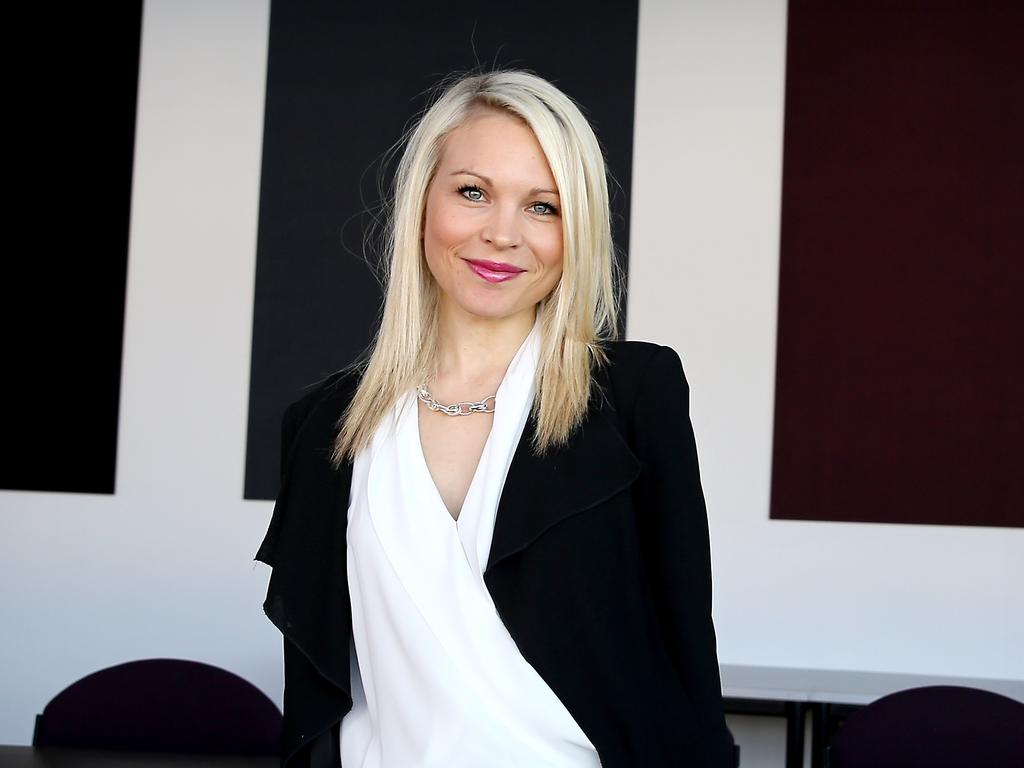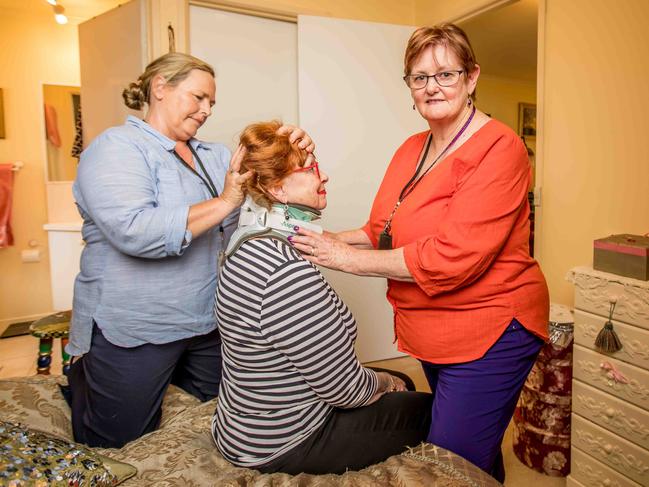How to plan an encore career and postpone retirement
The COVID-19 pandemic has affected many older workers, with unemployment, underemployment and reduced superannuation forcing them to postpone retirement. It has many Australians rethinking their futures and careers.
Careers
Don't miss out on the headlines from Careers. Followed categories will be added to My News.
Workers hoping to transition into an “encore career” rather than move straight to retirement are urged to start their plans well before the time arrives.
Taken in the second half of a person’s working life and based on choice rather than necessity, encore careers should be treated with the same forward planning as any career change.
Stillwell Management Consultants organisational psychology consulting head Alexandra Rosser recommends workers start to seriously consider the topic at about age 50, for example, so they can move about age 55.

“It’s probably (a good idea) five years out from when you think you want to retire from your current career,” she says.
“If you are not as interested in your work or able to maintain the same pace, that might be indicating early signals you need to start anticipating that next phase.
“That transition is always easier if you have groomed a successor for your role and opportunities are presenting naturally and organically … but if that is not happening, it needs to be a more deliberate process.
“Get serious about doing that while you still have the stability of your current role.”
The COVID-19 pandemic has affected many older workers, with issues from unemployment and underemployment through to reduced superannuation in response to a weaker share market requiring them to postpone retirement.
It has many workers rethinking their futures and if they can or want to stay in their current career.

Rosser says an encore career can be used to engage in work with greater social impact; fulfil a burning passion a worker has always had but been unable to pursue because of financial or family responsibilities; or leverage a strength that has been unearthed during an earlier career.
It can form a bridge to retirement.
“They might not be ready to stop working altogether but, for example, they might not want leadership responsibilities or might want fewer hours,” she says.
“There are health benefits of continuing to use the brain and engage in social relationships and activities and have a sense of purpose and meaning.”
ABS figures show the most common careers of men aged 55 to 64 are specialist managers, road and rail drivers or automotive and engineering trades workers, while women are most likely to be carers and aides, health professionals or educational professionals.
MORE NEWS:
HOW COVID-19 HAS CHANGED YOUR OFFICE
COMPANIES EMBRACING FOUR-DAY WORK WEEK

Absolute Care & Health chief executive Barbara Ould says mature workers can fit really well into a care-giving role.
“Life experience, raising a family and previous careers all create a great base for a role in which knowing how to relate to and engage with other people is so important,” she says.
“At this stage in their lives, many people also want to reduce the hours they work.
“In-home care jobs are often casual which means that employees have a lot more control over their hours than many permanent roles.
“For those who might be feeling that they’ve had enough of the corporate office job, or that they’d like to do something that has more meaning to them, a role as a carer or support worker can be incredibly rewarding.”
MEET: LYN MCBAIN, EDUCATOR AT ABSOLUTE CARE & HEALTH
WHAT IS YOUR ROLE?
I have spent 50 years as a nurse. My specialty is brain injuries.
Now I teach a lot of that to the carers and nurses.
WHAT ARE YOUR QUALIFICATIONS?
I developed my career (training in a hospital) but decided after working with many university-trained nurses that I was going to be left behind so enrolled in a distance-education course and did my full Bachelor of Nursing.
I had been an enrolled nurse for 30 years.

After that, I was working in a brain injury unit and decided to do my masters.
I did my Certificate IV in Training and Assessing then did a short course in dementia then a diploma in dementia and I think I am about to undertake a mental health course this year.
HOW DID YOU TRANSITION INTO YOUR ENCORE CAREER?
I was working for another company and one of the girls in the office had done a teaching course and suggested I do it.
When I went to Absolute they saw I had the certificate so asked if I could do first aid training so that has been a side part of my role.
I was doing more and more teaching so they created a full-time teaching position for me.
Because of my love of working with complex clients, I didn’t want to give that up and do straight teaching so they said I can do what I want with the role.
It just organically happened.
The opportunity arose – but then you have got to make it happen, too.
News Corp has partnered with HR technology company Shortlyster to develop the Australian National Talent Registry to help get Australians back TO WORK.
It is free for jobseekers to sign up and they do not need to have been directly affected by the COVID-19 pandemic.


